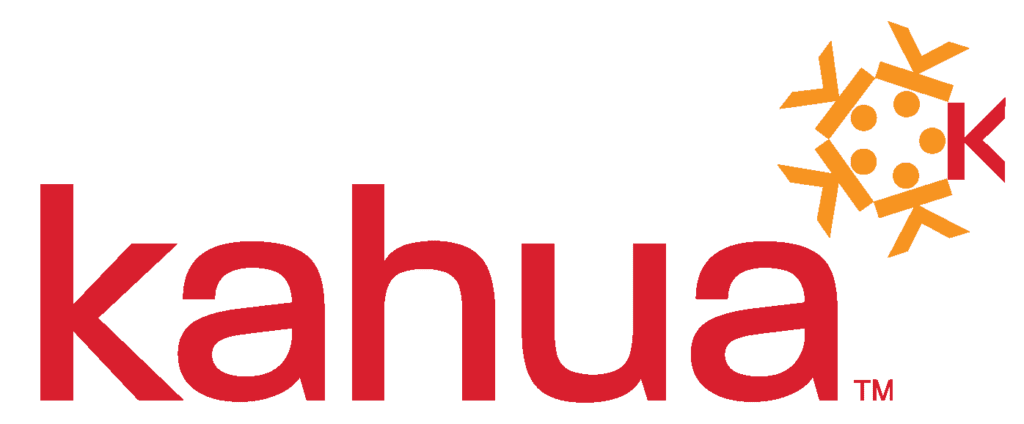Why Promoting Work-Life Balance is Great for Employees AND Employers
It may sound counterintuitive to productivity for employers to insist that the people who work for them not work too much.
I mean, if an employee wants to work late into the night and skip vacations to get more done, isn’t that great for the company? Perhaps in the short term that scenario delivers more productivity, but it isn’t sustainable in the long run, for either the company or its workers.
During the pandemic, when employees everywhere had to adjust to the work-from-home model, some workers found it difficult to set boundaries on their workday. If you don’t have to get dressed or make a commute to “go to the office,” the day could easily start earlier. And last longer. And who needs an entire hour for lunch when you’ve just got to walk a few steps to the kitchen?
While it may seem impossible – or unwise to those who wish to be considered the most dedicated person in the office – maintaining a healthy work-life balance is crucial to overall well-being. Balance reduces stress, and stress causes adverse health effects and leads to 75-90% of all physician visits, per the National Alliance on Mental Illness (NAMI). Chronic stress is associated with a weaker immune response, leading to more minor illnesses, muscle aches and headaches; they are also at a higher risk of strokes and heart attacks.
Also from NAMI: There are 168 hours in a week. If you sleep eight hours a night, you spend 112 hours awake. So, the first step towards balance is to figure out what should take precedence for those precious hours. The best way to work out your priorities is to make a list of them. Yes, work should be toward the top of the list. But so should quality time with family and friends. And exercise. And time spent on interests that rejuvenate us.
When we founded Kahua, we determined the Five Pillars that would guide everything we do, each and every day: customer focus, teamwork, performance, continuous improvement. Rounding out those five is work-life balance. We know it is best for our people … and our company.
I personally check to make sure our employees are making use of their paid time off. They’ve earned it, and they should use it! We close the office the week between Christmas and New Year’s Day so that they can focus entirely on relaxing and spending time with their loved ones.
We do “shout outs” during our weekly company-wide meetings for employees who are embodying our core values mentioned above, and we openly congratulate team members who complete big projects without working excessive night and weekend hours. And employees are expected to manage and rework their schedules so that they are able to attend family events.
Also, because we have so many employees working remotely, we keep them engaged as much as possible to let them know they are as important to the team as the people I see in the office every day. That means they periodically come into the office from all corners of the country (and Canada!) to work in person with the people they most often see on their computer screens. As much as we love technology, we recognize that human connection is best made face to face.
Achieving and maintaining work-life balance creates personal and professional benefits. The key to finding balance is knowing when you’ve lost it! Be cognizant of how you’re spending your time and adjust it if it is out of whack.
May is Mental Health Awareness Month, drawing attention to the need to fight the stigma of mental health issues and provide support to those who suffer, as well as the people who care for them. Certainly work-life balance can’t alleviate the symptoms of everyone who has mental illness, but it can provide help for many.


